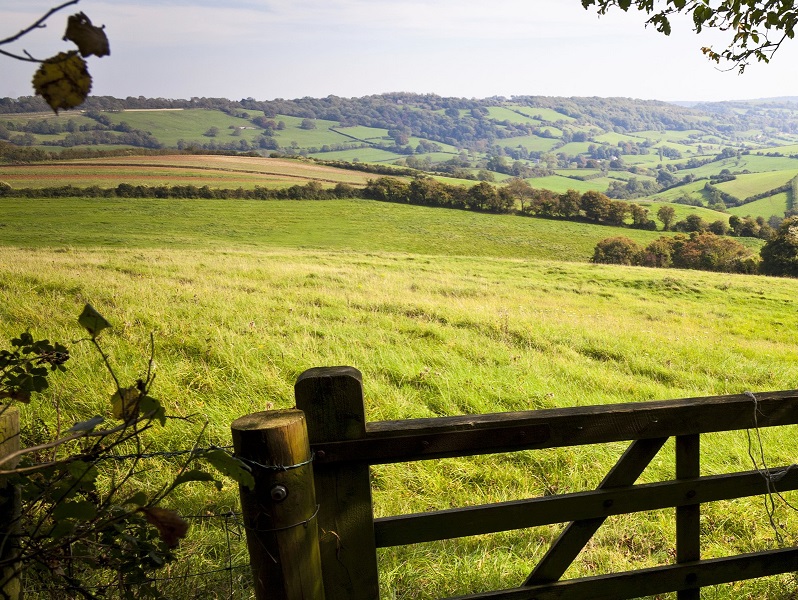Climate change offers opportunities and challenges, with agricultural valuers having a key role as trusted advisers, said Central Association of Agricultural Valuers secretary and adviser Jeremy Moody.
Speaking at the CAAV National Conference and AGM in Liverpool, Mr Moody outlined how agricultural valuers could help farmers transition and understand what responding to climate change could mean for their businesses.
“If climate change is a crisis then you have to start doing things now for actions to be less costly and most effective. Whether it is land use, soil, buildings, leadership, staff or carbon pricing, this bears on rural land management and farming in the 2020s. This year’s weather shows we now have much to more adapt to.
“The role of the professional is to help clients understand their resources, weaknesses, land tenure, development controls and give advice. We are looking at nascent markets, barely developed and barely regulated. With any proposal in this area, the valuer’s job as adviser is to look the gift horse in the mouth – it is worth accepting?”
Mr Moody said it was important to look through the words used and behind the labels at the realities of any proposal. “Do not look at labels, analyse the deal. See what is actually happening and test it: what are the terms and what is the payment?
“What is being sold and bought? What does that mean and is it worth it? What are the obligations and liabilities? How far might they frustrate future options? The obligations to deliver carbon credits might follow the seller after leaving the farm.
“Does it affect a farm tenant’s security of tenure? Does the use meet the tests for Agricultural Property Relief or Business Property Relief? And how is it treated for other taxes?”
While SFI 2022’s soil standards might have few landlord/tenant issues what might be the position for future public or private offers for more change in land use? “As yet the rules for other standards and Local Nature Recovery aren’t known, making it risky to write agreements now for them. As with other deals in uncertain frameworks – what might look clever now could be self-defeating.
“The CAAV’s model FBT agreement has a “no surprises” approach to carbon, biodiversity net gain and future schemes so that they can be negotiated when details are known to maximise value then, not prematurely.
Finding profit and opportunities depends on looking at the business; analysing how land is used and any competing uses like commercial forestry, nature and biodiversity, leisure and housing development, said Mr Moody. “The government can have all the policy it likes. Regulation can be good at telling people not to do things. But, ultimately, choices made will depend on what families decide to do with their land, ideally having taken the best advice we can give for their objectives. Where they choose to go is where our countryside will go.”
Editors’ notes
About the CAAV
The Central Association of Agricultural Valuers (CAAV) is a specialist professional body representing, qualifying and briefing over 2,900 members practising in a diverse range of agricultural and rural work throughout England, Wales, Scotland and Northern Ireland.
CAAV members are agricultural and rural valuers who provide professional advice and valuation expertise on issues affecting the countryside from tenancy matters to sales and purchase of farms and land, from taxation and compulsory purchase to auctioneering, and from conservation issues to farming structures.
We are always happy to speak to the press – if you have any queries, please contact Marianne Curtis at Agri-hub PR on 07443 747808 or email [email protected].




